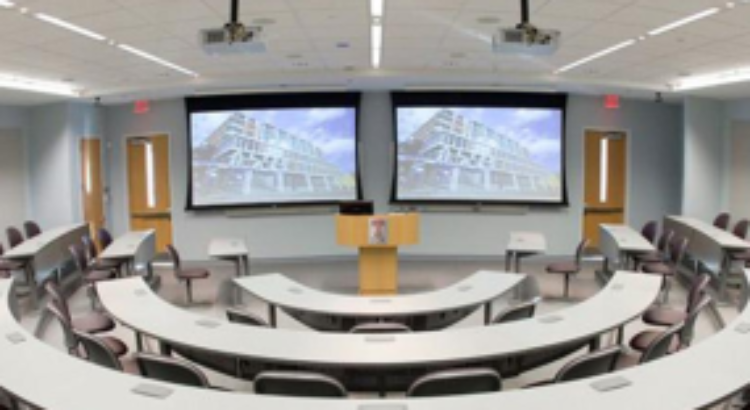África/ Rwanda/ 23.04.2018 / By Jean d’Amour Mbonyinshuti/ From: All África.
Equipping secondary schools with ‘smart classrooms’ remains a government priority in education sector and there is optimism that all public schools will have been connected by 2020, according to Rwanda Education Board (REB).
The aim of smart classrooms is to incorporate ICT into various aspects of the country’s education system and revolutionarise teaching and learning systems, said Dr Irénée Ndayambaje, the director general of REB.
The policy seeks to integrate technology in all education processes such as preparation, delivery of lessons, assessments, research among others.
Ndayambaje said the aim is to have all 1,500 schools equipped with smart classrooms but so far only 645 schools are equipped countrywide.
A smart classroom should be equipped with computers connected to the internet with a screen projector among other aspects, officials said.
He said that smart classrooms will bring about positive change both for teachers and learners as the latter would get a wide range of resources, while the former would be taught using a wide range of resources other than using a single book.
He urged the teachers to put into good use the acquired hands-on skills to impart such skills to their colleagues in their respective schools.
«You have acquired hands-on skills from the training and you are expected to impart them to other teachers, you are advised to let us know any challenges you encounter,» he added
In 2014, the Ministry of Education entered a partnership with Microsoft Corporation that seeks to incorporate information and communication technology into various aspects of the country’s education sector.
From: http://allafrica.com/stories/201804200017.htm







 Users Today : 205
Users Today : 205 Total Users : 35459800
Total Users : 35459800 Views Today : 367
Views Today : 367 Total views : 3418339
Total views : 3418339